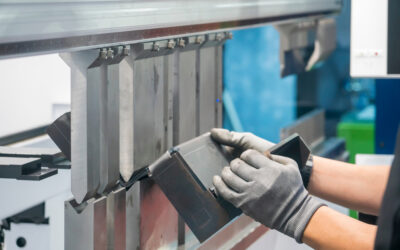The Comprehensive UAW Strike Overview
Auto industries have long been the backbone of the American economy, providing millions of jobs and shaping the industrial landscape of the nation. Recently, thousands of additional auto workers have joined the ongoing UAW (United Auto Workers) strikes, spotlighting the crucial role they play in this industry and the pressing issues they face.
A Deep Dive into UAW’s Origins and Impact
Founded in 1935, the United Auto Workers union has been instrumental in securing rights and benefits for workers in the American automobile industry. UAW’s persistent efforts have been pivotal in establishing labor standards, working conditions, and wages, setting precedents for other sectors as well.
Key Achievements of UAW Over the Decades
- Wage Improvements: The UAW has been successful in procuring wage hikes for its members, ensuring that they receive remuneration commensurate with their skills and the industry’s profitability.
- Health and Safety Regulations: One of the foremost achievements of the UAW has been its relentless push for stringent health and safety standards in factories, which has dramatically reduced workplace accidents.
- Job Security and Pensions: The UAW has ensured that long-serving members receive pensions post-retirement, and has also played a crucial role in ensuring job security for its members.
Current Challenges and The Essence of The Strike
The recent surge in auto workers joining the UAW strikes emphasizes the mounting challenges and concerns faced by the community. Here’s an in-depth look at the core issues:
Wage Disparities
Over the years, the auto industry has seen significant profitability, especially with the advent of electric and autonomous vehicles. However, there’s a growing sentiment among workers that they aren’t receiving their fair share of the profits, leading to wage disparity concerns.
Job Security amidst Technological Advancements
The rapid technological evolution in the auto sector, with increasing automation and AI-driven processes, has raised apprehensions about job security among auto workers.
Healthcare and Post-Retirement Benefits
With healthcare costs skyrocketing, many auto workers feel that their healthcare benefits are not in line with the current economic demands. Furthermore, there are concerns about the sustainability of post-retirement benefits amidst economic uncertainties.
The Broader Impact of the UAW Strikes
The ripple effect of these strikes extends beyond just the auto workers or the automobile industry. They have:
- Stirred National Discussions: These strikes have thrust the issues of wage disparities, job security, and worker benefits into the national spotlight, prompting debates and discussions.
- Affected Production and Sales: With a significant number of workers on strike, there’s been a noticeable impact on the production lines and, subsequently, on the sales of automobiles.
- Highlighting the Power of Unity: The ever-increasing number of workers joining the strikes underscores the power of collective bargaining and unity in the face of adversity.
Conclusion: The Road Ahead
The UAW strikes, bolstered by thousands of additional auto workers joining the cause, have brought to the fore pressing issues that the American auto industry must address. As the landscape of the automobile sector transforms with technological advancements and evolving market dynamics, it becomes imperative for industry stakeholders to address the genuine concerns of the workforce. This isn’t just about an industry but the very essence of fair labor practices and the future of work in America.









